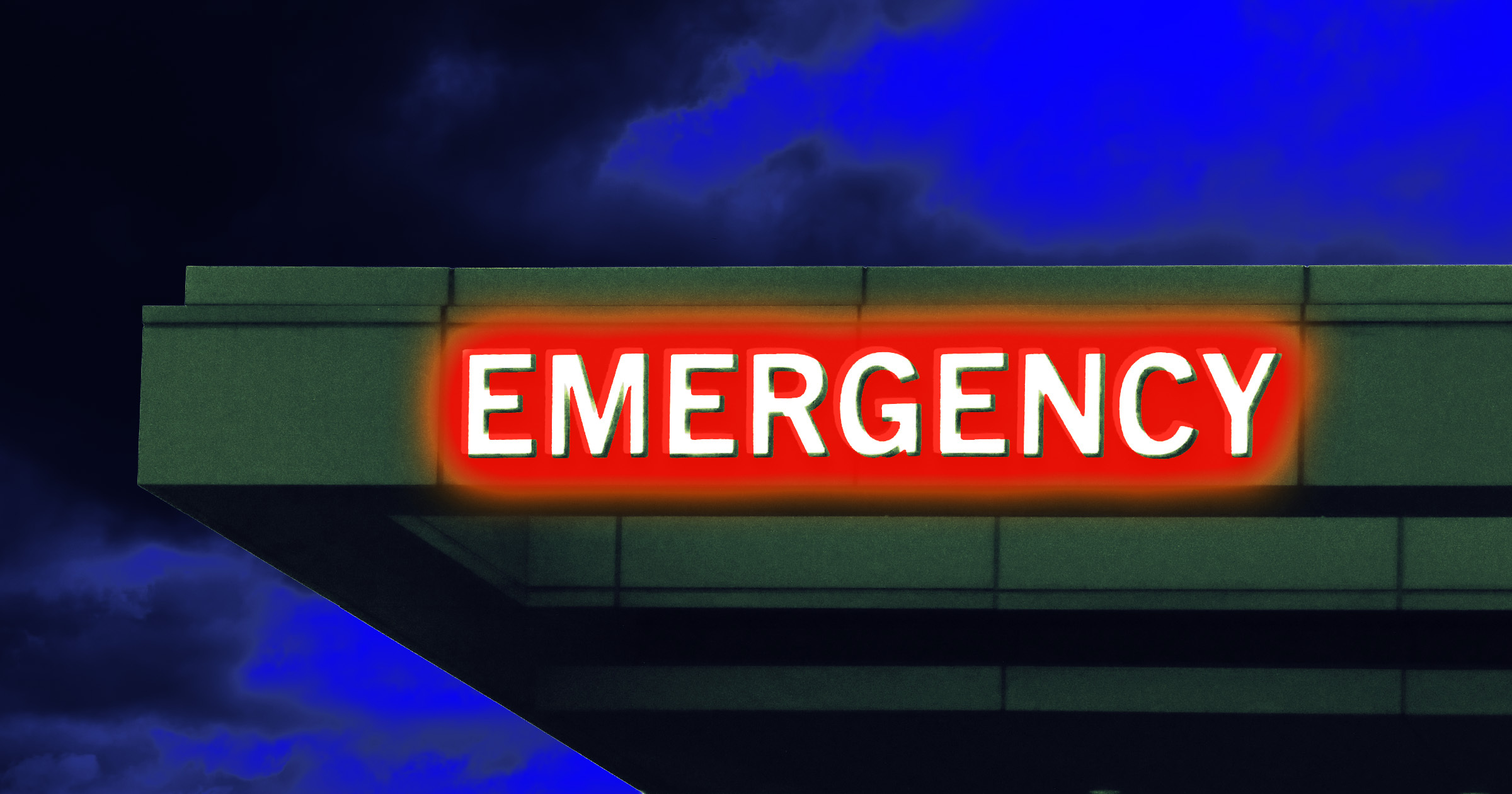Science
Private Equity’s Impact on Healthcare: Rising Death Rates and Profits

The rise of private equity in the healthcare sector has raised significant concerns following a recent study revealing a troubling increase in emergency room deaths at hospitals owned by private equity firms. The research, published in the *Annals of Internal Medicine*, found a striking 13.4 percent increase in mortality rates in emergency departments (EDs) compared to hospitals not owned by private equity. This alarming trend highlights the potential consequences of prioritizing profit over patient care in the healthcare system.
The study analyzed a decade’s worth of data from nearly 350 hospitals, focusing on emergency and intensive care unit (ICU) departments. Findings indicated not only increased mortality rates but also a rise in costly patient transfers to other facilities, which have been linked to elevated mortality rates. Furthermore, the research noted a reduction in the time patients spent in the ICU, raising questions about the adequacy of care provided in these critical settings.
Staffing Cuts Linked to Poor Outcomes
Zirui Song, a senior author of the study and affiliated with Harvard Medical School, pointed out that staffing cuts are a common strategy employed by private equity firms to enhance financial returns. “Staffing cuts are one of the common strategies used to generate financial returns for the [private equity] firm and its investors,” Song stated. This approach not only jeopardizes patient safety but also disproportionately affects vulnerable populations, particularly Medicare patients, who tend to be older and at higher risk for adverse outcomes.
Song emphasized that the financial strategies utilized by private equity firms can lead to potentially dangerous consequences for these patients. The research corroborates previous findings that suggest private equity ownership exacerbates negative experiences for Medicare beneficiaries, raising ethical concerns about the motives behind such acquisitions.
Misconceptions About Financial Stability
Contrary to the narrative that private equity acquisitions serve as a lifeline for struggling healthcare systems, a study conducted in 2024 by Song revealed that private equity firms often target financially stable hospitals. These facilities, capable of generating consistent revenue, are typically burdened with new debt as private equity owners seek to extract profits.
The detrimental effects of private equity extend beyond emergency rooms and ICUs. Research has demonstrated similar patterns of decline in other healthcare sectors, including rehabilitation facilities, nursing homes, and even children’s dental offices. The overarching conclusion remains clear: while private equity may yield substantial profits for investors, the consequences for patient care and overall healthcare quality can be dire.
As the healthcare landscape continues to evolve, the growing influence of private equity raises pressing questions about the balance between profit and public good. The long-term implications for patient safety and healthcare accessibility remain a critical concern, with the need for regulatory scrutiny more apparent than ever.
-

 Lifestyle5 months ago
Lifestyle5 months agoLibraries Challenge Rising E-Book Costs Amid Growing Demand
-

 Sports4 months ago
Sports4 months agoTyreek Hill Responds to Tua Tagovailoa’s Comments on Team Dynamics
-

 Sports4 months ago
Sports4 months agoLiverpool Secures Agreement to Sign Young Striker Will Wright
-

 Lifestyle4 months ago
Lifestyle4 months agoSave Your Split Tomatoes: Expert Tips for Gardeners
-

 Lifestyle4 months ago
Lifestyle4 months agoPrincess Beatrice’s Daughter Athena Joins Siblings at London Parade
-

 Science4 months ago
Science4 months agoSan Francisco Hosts Unique Contest to Identify “Performative Males”
-

 World4 months ago
World4 months agoWinter Storms Lash New South Wales with Snow, Flood Risks
-

 Science5 months ago
Science5 months agoTrump Administration Moves to Repeal Key Climate Regulation
-

 Business5 months ago
Business5 months agoSoFi Technologies Shares Slip 2% Following Insider Stock Sale
-

 Science5 months ago
Science5 months agoNew Tool Reveals Link Between Horse Coat Condition and Parasites
-

 Sports4 months ago
Sports4 months agoElon Musk Sculpture Travels From Utah to Yosemite National Park
-

 Science5 months ago
Science5 months agoNew Study Confirms Humans Transported Stonehenge Bluestones









